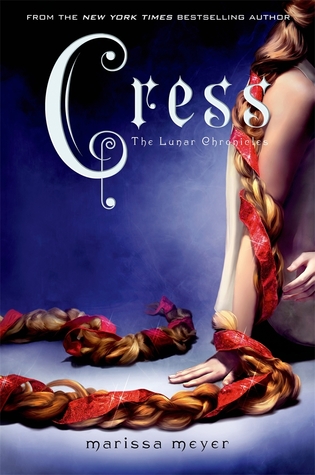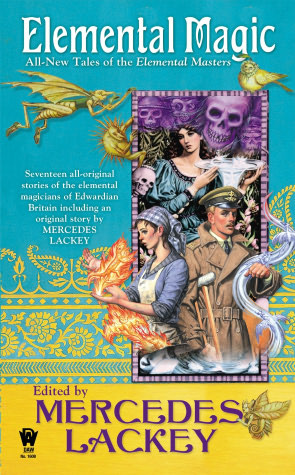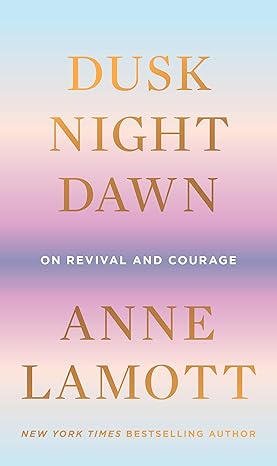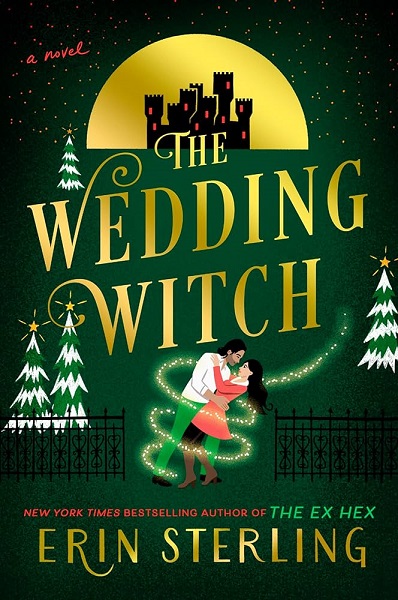 Seraphina Series: Seraphina #1
Seraphina Series: Seraphina #1 on July 2012
Pages: 499
Purchase: Amazon | Bookshop
Add to Goodreads

Four decades of peace have done little to ease the mistrust between humans and dragons in the kingdom of Goredd. Folding themselves into human shape, dragons attend court as ambassadors, and lend their rational, mathematical minds to universities as scholars and teachers. As the treaty's anniversary draws near, however, tensions are high.
Seraphina Dombegh has reason to fear both sides. An unusually gifted musician, she joins the court just as a member of the royal family is murdered—in suspiciously draconian fashion. Seraphina is drawn into the investigation, partnering with the captain of the Queen's Guard, the dangerously perceptive Prince Lucian Kiggs. While they begin to uncover hints of a sinister plot to destroy the peace, Seraphina struggles to protect her own secret, the secret behind her musical gift, one so terrible that its discovery could mean her very life.
Review
Hartman’s debut novel has garnered a lot of praise in the last few months, some of it from writers and reviewers whose opinion I trust: Tamora Pierce, Ellen Kushner, Naomi Novik, The Book Smugglers, The Midnight Garden. So when I finally got my hands on a copy from my public library, my expectations were already high.
Seraphina exceeded them with ease. The novel is beautifully written, the plot, characters, and language weaving a rich and textured tapestry. Like a needleworker creating a picture one carefully-placed stitch at a time, Hartman skillfully builds a world reminiscent of 15th-century northern Europe, yet distinctly unique. The kingdom of Goredd and its capital are a blend of the familiar—medieval or Renaissance town architecture and social structure—and the original—a saint-based religion without a deity, the intricacies of interspecies relations, and the most unique take on dragons (and shapeshifters) I’ve seen in years.
It’s hard to remember that this is a first novel. There is literally nothing in Seraphina that rings false. Hartman’s writing (unlike the character of her first-person narrator) is assured and confident; there are no superfluous words or unnecessary scenes. Her characters, particularly the eponymous Seraphina, are deftly limned: all of them, even—or especially!—the dragons, are complex, contradictory, and thoroughly real. I particularly love the interplays between Seraphina and Orma, her dragon tutor, and between Seraphina and Kiggs.
Court and interspecies politics play an important role throughout the novel; indeed, the plot hangs upon the latter. But Hartman balances threats to the uneasy peace between humans and dragons with Seraphina’s internal struggle to accept who and what she is—a journey made more difficult by the beliefs and prejudices of both societies.
I’d be remiss if I didn’t mention the music which runs through the novel like a bright thread among the richer, darker hues. I found myself creating a mental soundtrack: polyphonic motets by Palestrina, Bach’s chamber music (particularly his flute or recorder works), great booming organ music, even troubadour lays. In an interview with The Book Smugglers, Hartman talks about how much music influenced her in writing the novel, and even lists a number of albums she listened to while working on it. I’ve never before been tempted to build a playlist to go with a book, but this book cries out for one.
A few reviewers have complained that the book gets off to a slow start, as Hartman builds the world and introduces us to the characters, particularly Seraphina. I didn’t feel this was a flaw; if anything, it contributed to the Renaissance flavor of the novel. Readers who prefer a faster pace may need to exercise patience; there is plenty of action later in the book. But the richness of the world and the intricacies of the characters and story are reward enough.
Seraphina is the first novel in a proposed series, and that’s a very good thing. I’m not sure I could bear not to return to this world, these people, and this story.











































